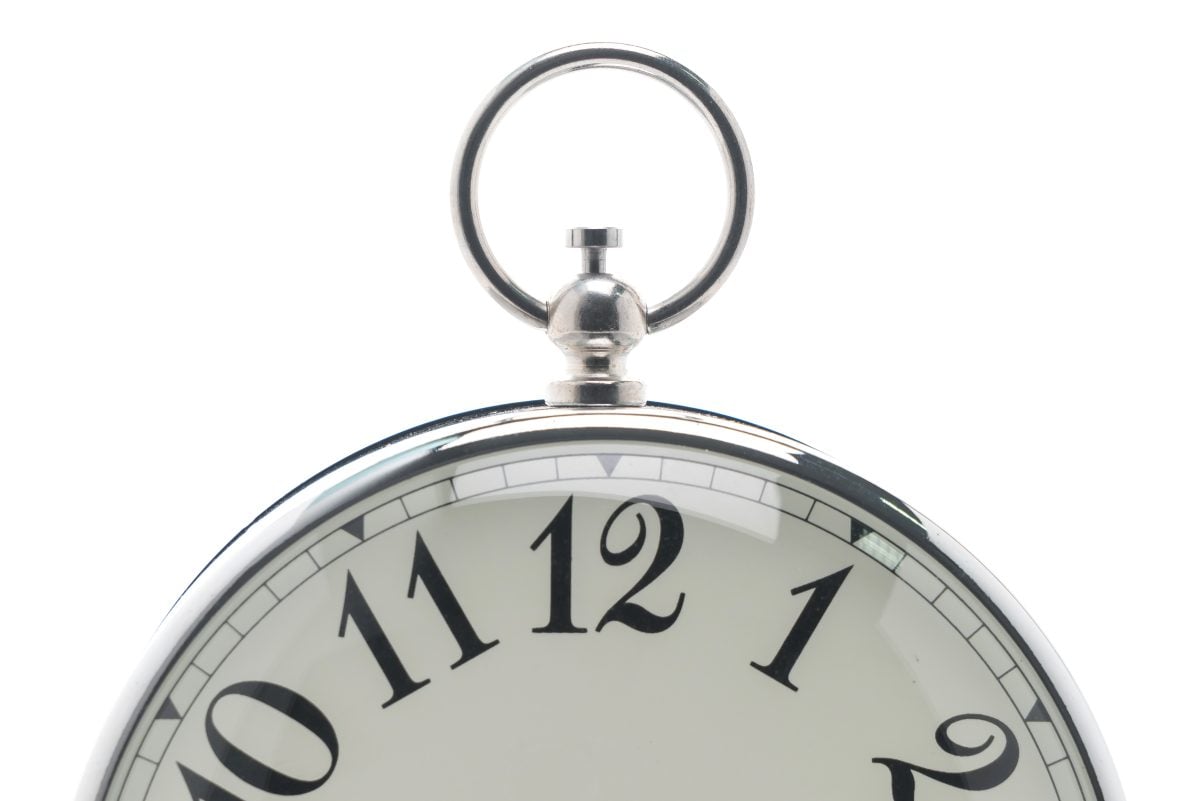Early Warning: Detecting STD Symptoms Within 48 Hours
You may notice signs of an STD as early as 48 hours after exposure. The first hints can vary, with some people experiencing symptoms within a week or so and others not until much later. For instance, chlamydia might not make itself known for weeks while genital herpes could reveal its presence in just days.
It’s common to overlook the initial warning flags since they often mimic less serious conditions. Being vigilant about any changes helps you seek testing and care sooner rather than later if needed.
First Symptoms to Watch For
You might notice early signs of an STD within just 48 hours. Some, like gonorrhea, can show symptoms quickly, often as soon as two weeks post-exposure but sometimes earlier. With others such as chlamydia and syphilis, you could see telltale changes after one to three weeks; however, these might also hold off for a while longer.
Look out for unusual growths or soreness in your genital area, they’re key indicators something’s wrong. Initial signals are often subtle: slight itches or discomfort that we easily dismiss. Yet catching them promptly is vital because they reveal infection presence before more severe complications develop, a critical time window for treatment efficacy.
Pay attention to what your body tells you during this period, if anything feels amiss down there compared with the norm it could be an important clue urging immediate medical advice seeking which should not pass unnoticed.
Recognizing Rapid STD Signs
When you think something’s off, watch your body closely. Certain STD signs can show up fast, within two days quick. You might see sores or feel pain when you go to the bathroom, which isn’t normal.
Also, pay attention if there’s unusual discharge or bleeding that doesn’t fit with your monthly cycle; it’s a clear call for help from inside. Don’t just wait and hope things will get better on their own; they won’t always do that without help from a doctor or medicine.
STD Detection Within Two Days
You might not feel it right away, but STD symptoms can sneak up fast. In just two days after unprotected sex, you could spot the first signs. While emergency contraception pills (ECPs) work best within three to five days post-contact to prevent pregnancy, they won’t stop an STD once contracted.
Also noteworthy is that PrEP medication for HIV prevention requires precise timing before and after sexual encounters; though effective among men who have sex with men (MSM), broader studies are scarce and it’s not yet FDA-approved for all. If you’ve had risky contact or suspect something’s off down there, get checked pronto.
Early Interventions for STDs
If you’re sexually active, quick action at the first sign of trouble can prevent worse health issues. Experts found that condoms and oral contraceptives help when used right. But many people with STIs don’t feel sick, so they might not know fast enough to stop spread or harm like infertility or even AIDS.
Doctors say talk about safe sex works; it really cuts down STI risks for young individuals and others who might get them more easily. This means if you’ve had an infection before, aren’t using protection, or have a few partners a chat could save much stress later on. Spotting STD signs early can save a lot of worry. Quick detection means you get the right help fast. Many times, symptoms may not be clear or seem mild at first.
But with swift testing through STDCheck, peace of mind is possible within 48 hours. You protect your health and those close to you this way too. Don’t wait; if you fear an STD risk, let’s check today for a safer tomorrow.
Medically Reviewed by Erin Zinkhan, MD, BSBE on March 28, 2024
Secure and Confidential
STD testing services
The fastest results possbile - available in 1 to 2 days

Tagged
Categorized As
Author: STD Check Editorial Team
At STDCheck.com, we go to great lengths to ensure quality content. We’re using our own collection of data. It is not bought or made up for “click-bait” purposes. We don’t entice traffic with cheesy graphics or raunchy headlines. Our information is to promote STD testing, educate people, let go of social stigmas, and bring awareness. We also provide a completely confidential atmosphere through private testing. When we produce an article, it is fact-based. We check it with medical advisors that approve it. Our staff consists of doctors and other medical professionals who peer review the content we make available on STDCheck.com. From all over the world, we have sourced the best and the brightest content developers, including medical professionals, marketing engineers, data scientists, content specialists, and media relations.




